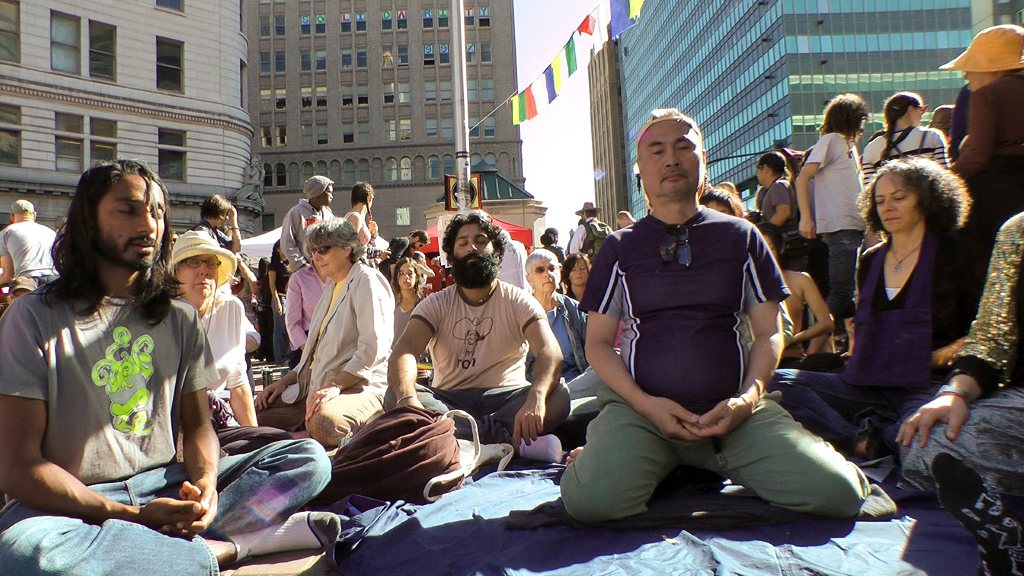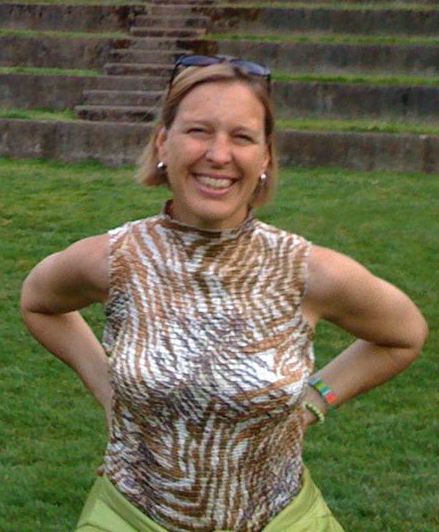By Jindra Cekan

Underlying much of the Occupy Wall Street movement, I see deep fear. Fear of the future, fear for survival, fear that people’s needs are not being seen, that they are invisible. Having worked on Wall Street in the 1980s, I believe that the same fears drive both the 1% and the 99%. My colleagues and I, bankers who made money for the 1%,
By Jindra Cekan

Underlying much of the Occupy Wall Street movement, I see deep fear. Fear of the future, fear for survival, fear that people’s needs are not being seen, that they are invisible. Having worked on Wall Street in the 1980s, I believe that the same fears drive both the 1% and the 99%. My colleagues and I, bankers who made money for the 1%, were driven by fear of not keeping our jobs. We were doing deals to maximize profits and keep the company’s stock strong so our firms would not be bought out. We worked to keep our boyfriends and spouses happy with our wealth and status. Caught up in the heady game of profit-making for my bosses, I had no knowledge of the Fourth Mindfulness Training of the Order of Interbeing, Awareness of Suffering. I had no idea of the true good or harm our deals had on society. I have much to forgive in myself.
Sitting and looking deeply at my beliefs is a doorway to insight. When I hear the protestors and look at my relationship to money, I ask myself what certainties I am trying to ensure with it. As a mother, I want to make sure I can feed my children, educate them, and have savings to pass on to them. How much is enough when so many suffer on earth? For many years now, my money has been invested in socially conscious ways. I donate to charities in Kenya and Haiti. I have decided to give away five to ten percent a year, but really, should I do more? How much is enough?
While I stand with the principles of the protestors, I hesitated when some of them demanded we take our money out of the international banking system that profits so much from greed. I asked myself: do I really want to take a leap out of my comfort zone by making this symbolic act? How much good will it do? I didn’t act. I have to forgive my indecisiveness and vow to keep looking deeply at my choices.
This week I have gone downtown in DC, following in the footsteps of some friends who practice NVC (non-violent communication). I listened and showed my solidarity, as Sanghas have done elsewhere in the U.S. I am grateful for people who are willing to act on their awareness of suffering. Like them, may I bring the Fourth Mindfulness Training to life.

Jindra Cekan, Ph.D, True Collective Maintenance, sits with the Washington Mindfulness Community in DC. A former banker, she is now an international development consultant and the happy mother of two boys and a puppy.

